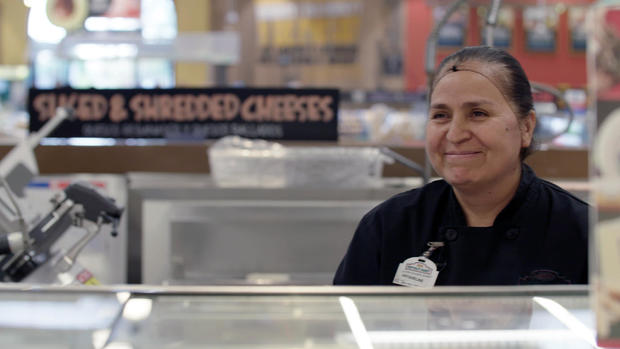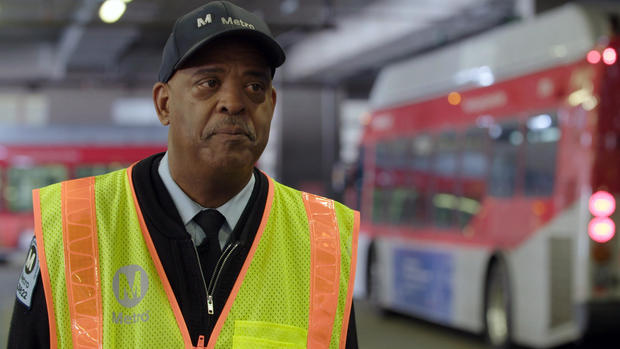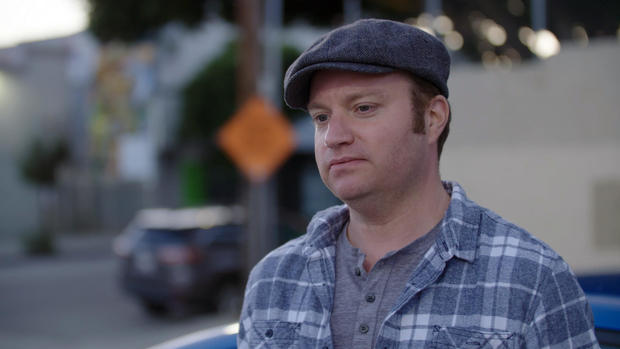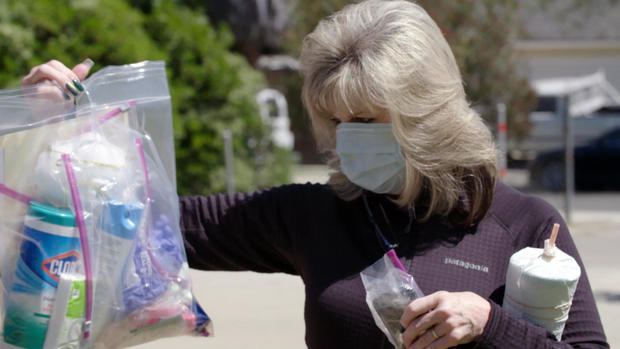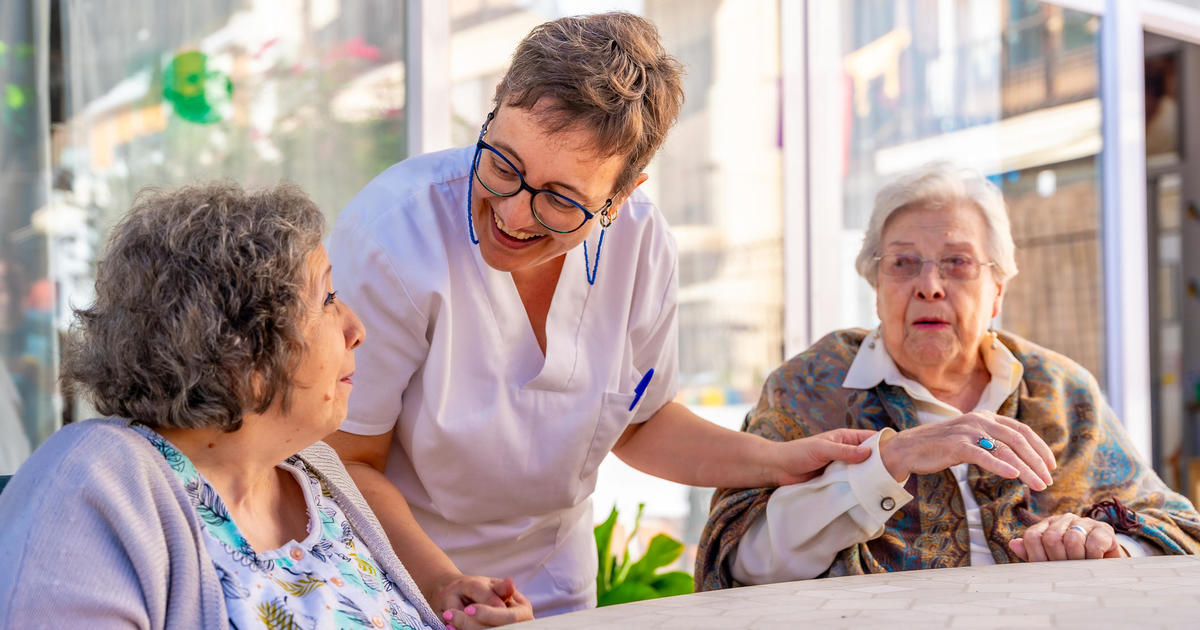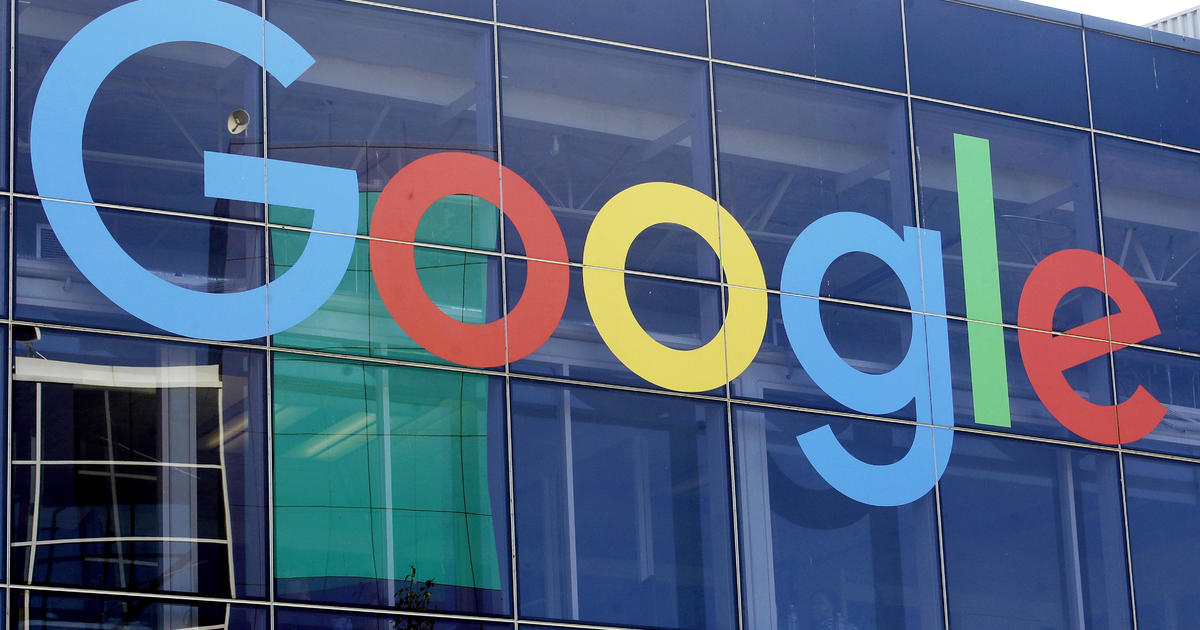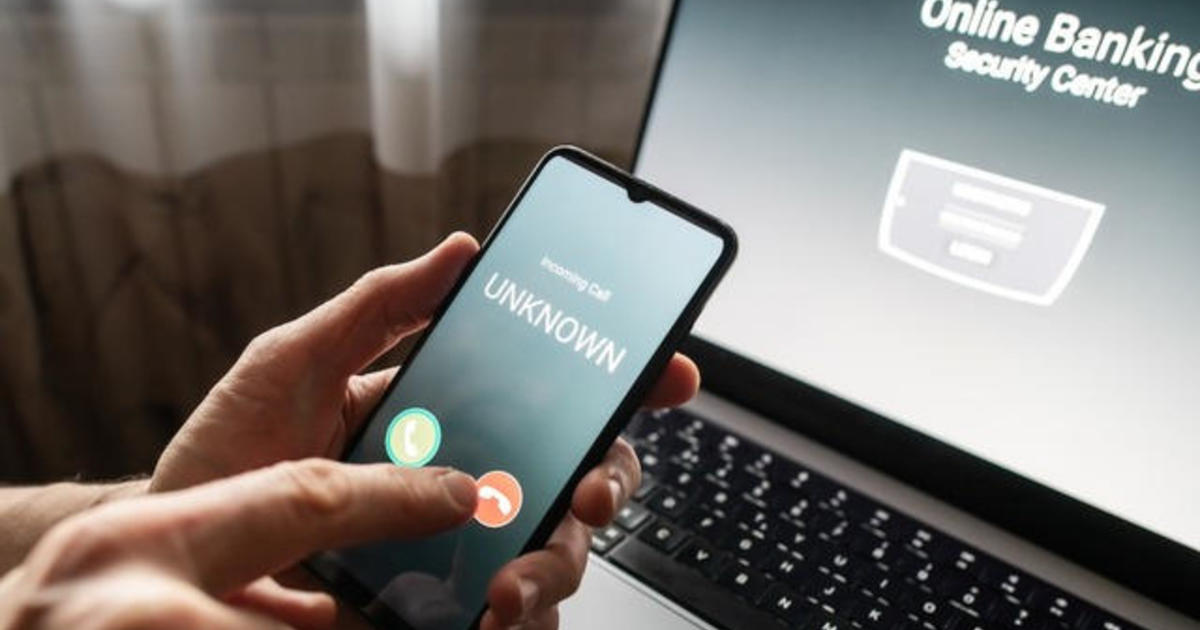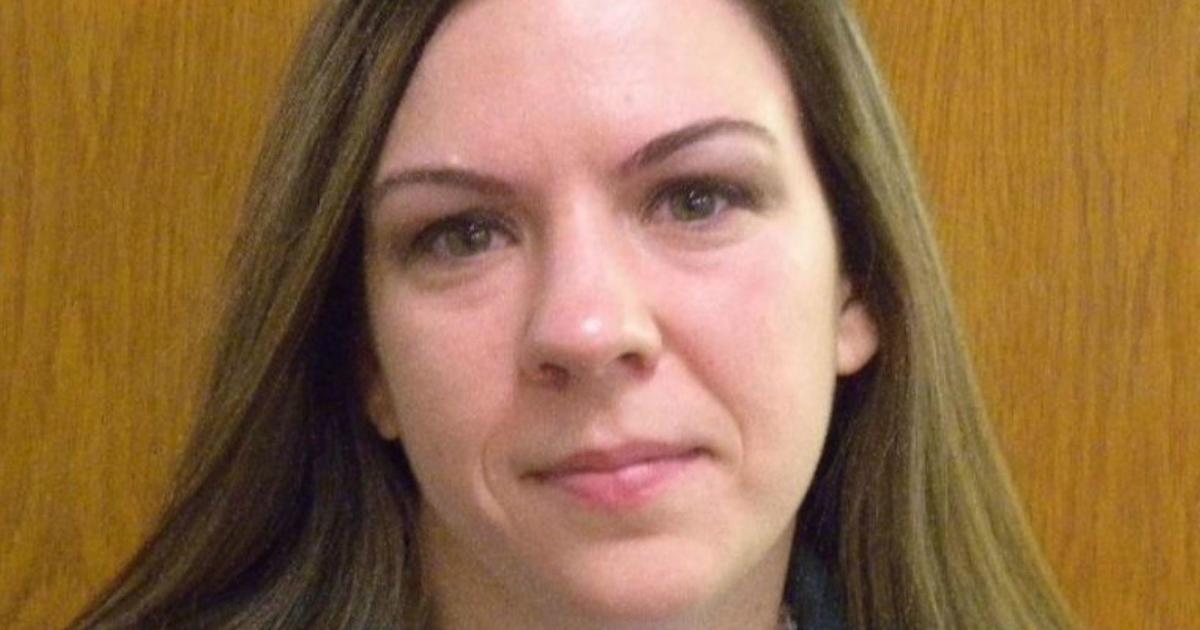Essential workers provide a lifeline in the coronavirus lockdown. Will America reward their sacrifice?
REVERB is a new documentary series from CBS Reports. Watch "Lifelines in the Lockdown" in the video player above.
With millions of Americans under stay-at-home orders in the coronavirus pandemic, workers like grocery store employees, bus drivers and delivery people have become indispensable lifelines. Often unnoticed and undervalued by society, they now put themselves at risk so that daily life can continue to function.
CBS Reports spoke with a handful of these essential workers, and while many expressed pride in their work, some can't help but fear for their own and their families' safety.
The grocery store food prep worker
"Hello, you need some help over here?"
Even in such uncertain times, Jacqueline Torres maintained a friendly demeanor assisting customers in the prepared foods section at a Northgate Market in Los Angeles. Torres lived in Mexico City for most of her life and worked as a teacher. She moved to the U.S. eight years ago, speaking no English, but she can now easily hold conversations with English-speaking customers.
"Everything changed for me," she said. "I work in something really different now, but the work is important."
Historically, immigrants have always been a significant workforce in the U.S., but they have proven especially vital in this crisis. According to the U.S. Census Bureau's American Community Survey, as of 2018, 30% of California's supermarkets and grocery store essential workers were foreign-born.
"I think always we have soldiers and people in the army that give their lives for this country," said Torres. "I don't feel like a soldier, but I'm trying to do my best for the community, for my people that were with me every day, and for my family too."
The bus driver
The bus system is a crucial service for many people trying to get to work, especially lower income riders, and these days public transportation is even more important for getting essential workers like health care personnel where they need to go.
"And now they call us disaster relief operators." said Vorice Lombard, a 20-year veteran bus operator for the Los Angeles Metro.
"It's funny because that's actually written on the back of our IDs. It says disaster relief worker. We never implemented that because we never had a disaster."
In New York City, MTA employees have been especially impacted by COVID-19: more than 1,500 have tested positive, and at least 41 have died. A bus driver in Detroit died of the illness after raising alarm about a woman openly coughing on his bus.
But Lombard said he feels that the safety precautions in place for the drivers in L.A., including using gloves and masks, are sufficient, and he doesn't feel anxious.
"I'm honored to come to work because I'm doing my part in a disastrous situation, I'm getting to do my part," he said.
The delivery guy
As restaurants close their doors to dine-in customers and millions of Americans stay holed up at home, food delivery workers are more crucial than ever. Cameron, a courier for Uber Eats and Postmates who asked that his last name not be used, said he takes pride in his work.
"I have no doubt in my mind that I have delivered a delicious meal to somebody who's sick of whatever's in their cupboard, who has been told by their doctor to self-isolate for 14 days, and I'm making a day a little better," he said.
Most couriers and drivers for delivery and rideshare apps, including the grocery delivery app Instacart, are independent contractors. This classification lets them control their own flexible work schedules, but also disqualifies them from benefits like minimum wage guarantees, overtime pay and health insurance.
"I enjoy the aspect of being an independent contractor," said Cameron, "...but that doesn't mean that I shouldn't be entitled to a certain amount of benefits or should something happen while on the job, not be treated as I would [as a full-time employee]."
The $2 trillion relief package passed by Congress expands unemployment benefits to independent contractors, who normally do not have access. But there are some barriers and loopholes that may leave many without assistance.
The supermarket cashier
Sandy, who asked that her last name not be used, held up a plastic bag of personal supplies that she brings to work at a Los Angeles grocery store, which included Clorox wipes, Lysol, gloves, sanitizer and Kleenex. "This is basically like my new purse," she said.
Her mask concealed most of her face. She considers her workplace a hazardous environment, and has felt such severe anxiety that she sometimes had trouble breathing.
"In my profession, I have no idea what I'm walking into," she said. "I don't know if the customers are carriers or not carriers or potential carriers, so I just try to be safety first."
Sandy is part of a small minority of grocery store employees that belongs to a union. A 2014 report found unionized grocery store workers earned about $3 more per hour than those who weren't in a union — but wages have remained relatively low, and Sandy feels that the hazard pay her employer is offering is meager, at only $2 more per hour and $3 more for overtime.
Despite her misgivings, she does not have the financial flexibility to stay home from work.
"Unfortunately, myself included, a lot of the people in the grocery industry need to continue to go to work to provide for their family," she said. "To be honest, my husband's not very well and we depend on my medical benefits, so I don't have a choice. My bills need to be paid. I don't have a choice. I have a daughter in college and we're paying most all the expenses for that. So I don't want to let her down. I don't have a choice right now."
